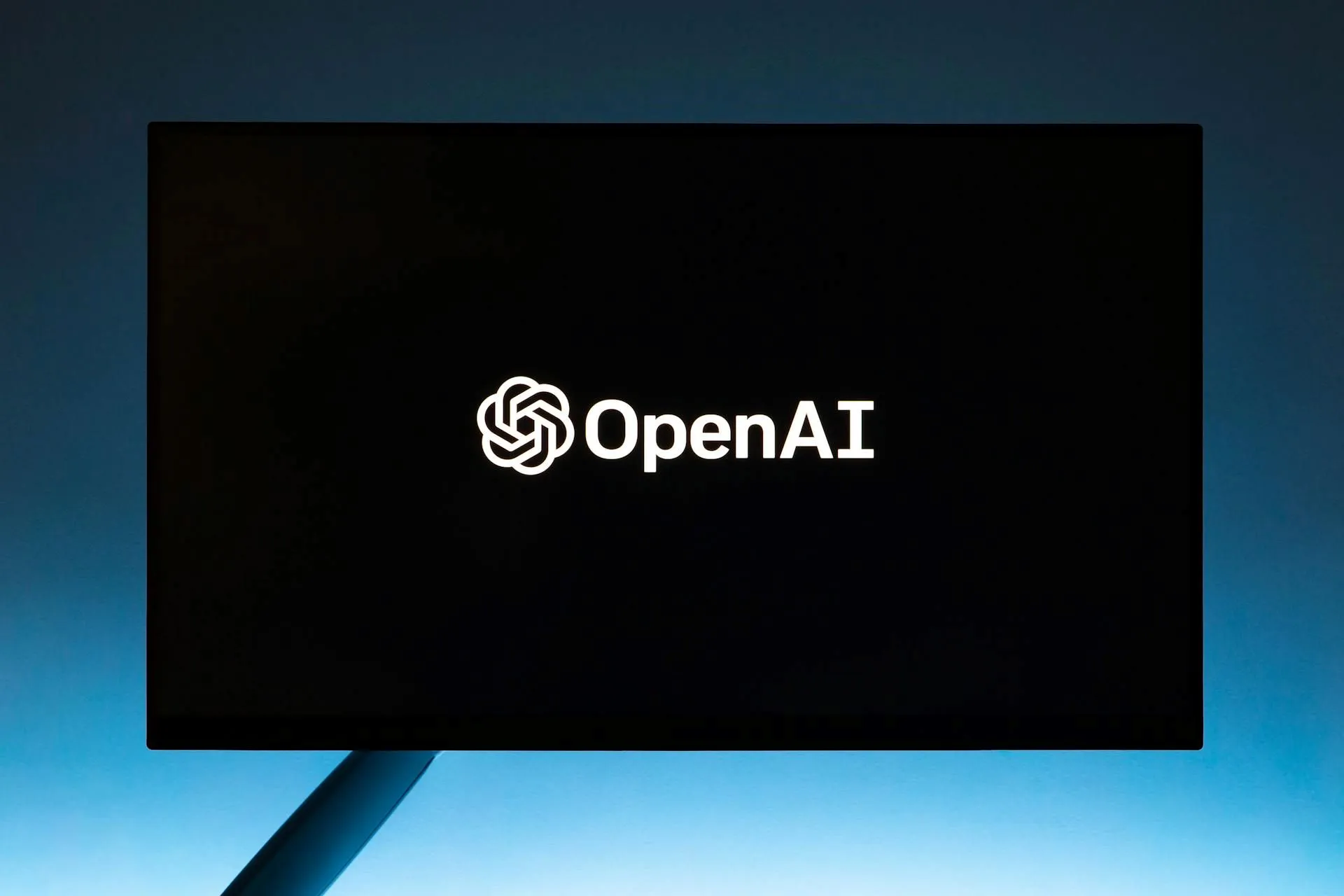In a legal action that may create a precedent for how AI businesses take advantage of copyrighted news details in the largest country in the world, Asian International News is one of India's most prominent news companies, which represented OpenAI for detecting copywriting.
Asian News International launched a 287-page appeal in the Delhi High Court on Monday, stating the AI Company created illegal material assigned to the news agency and improperly used its content for training its AI models. This is the first time an Indian media publication has sued OpenAI for copyright issues.
OpenAI Faces Court Demands
After OpenAI agreed that it had previously been confirmed ChatGPT wasn't accessing ANI's website, Justice Amit Bansal called the business at Tuesday's session. The bench declared that the matter required a full investigation because it was a "complex issue," and it was unwilling to give a permanent ruling on Tuesday. The next hearing is booked for January.
In response to TechCrunch, an OpenAI representative said, "We take great guidance in our products and design process to help news organizations." "We are actively seeking positive collaborations and dialogues with different media organizations worldwide, including India, attempt to investigate prospects, hear input, and participate."
The argument increases international pressure on AI firms about their use of creative content. According to court statements, OpenAI is currently dealing with more than a dozen similar cases in the US, two in Canada, and one in Germany.
ANI Lawsuit Highlights AI Misinformation Risks
Amit Sibal, the lawyer for OpenAI, justified the company's actions by saying that ChatGPT enables websites to select and not gather data and that copyright laws do not protect facts. He observed that the Microsoft-backed company does not have any servers in India, and therefore, the lawsuit is without jurisdiction.
Sidhant Kumar of UNUM Law, ANI's council, argued that content's public Availability does not guarantee the right to use it. ChatGPT's assignments of fake interviews to ANI, including a fake chat with Rahul Gandhi, the leader of the opposition party to the governing party, were of particular concern to the agency.
ANI has said in its complaint that the publication of fake news can cause public unrest and that these "hallucinations" represent significant harm to the news organization's image.
The court seeks to designate an impartial expert to offer advice on the copyright implications of AI models that use openly accessible content. In subsequent hearings, the judge will examine more technical factors of how news material moves across various channels.

